Insulating 75 gal Water Heater
gemom2many
16 years ago
Related Stories

GREAT HOME PROJECTSHow to Switch to a Tankless Water Heater
New project for a new year: Swap your conventional heater for an energy-saving model — and don’t be fooled by misinformation
Full Story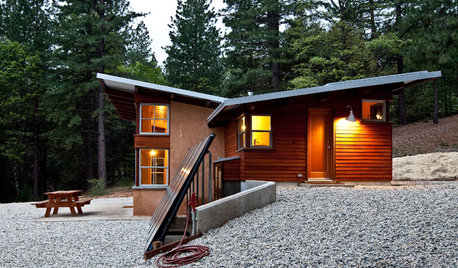
GREAT HOME PROJECTSHow to Add a Solar Water Heater
Lower energy bills without a major renovation by putting the sun to work heating your home’s water
Full Story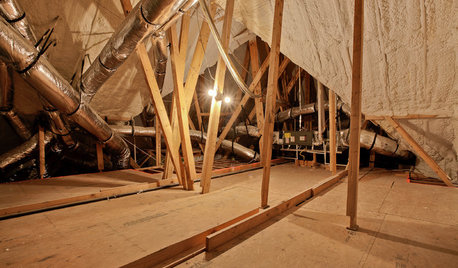
GREEN BUILDINGEcofriendly Cool: Insulate With Wool, Cork, Old Denim and More
Learn about the pros and cons of healthier alternatives to fiberglass and foam, and when to consider an insulation switch
Full Story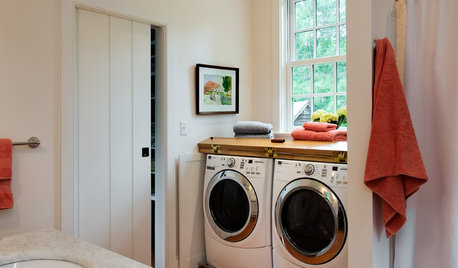
GREEN BUILDINGWater Sense for Big Savings
Keep dollars in your pocket and preserve a precious resource with these easy DIY strategies
Full Story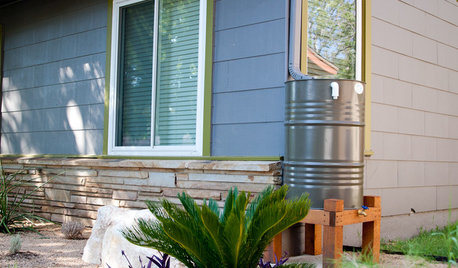
GREEN DECORATINGEasy Green: Big and Small Ways to Be More Water-Wise at Home
These 20 tips can help us all make the best use of a precious resource. How do you save water in summer?
Full Story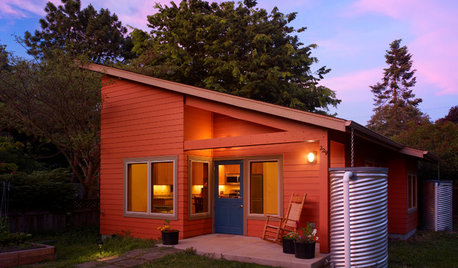
GREEN BUILDINGHow to Harvest Rainwater for Your Garden
Conserve a vital resource and save money by collecting stormwater for irrigation in a barrel or tank
Full Story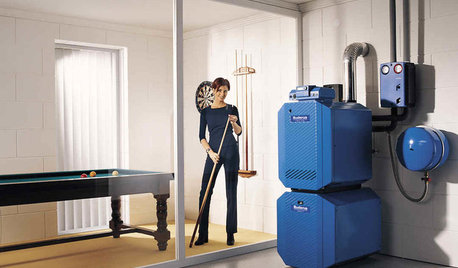
HOUSEKEEPING5 Steps to Improve Your Heating System Now
Increase your heater's efficiency and safety for lower energy bills and greater peace of mind this winter
Full Story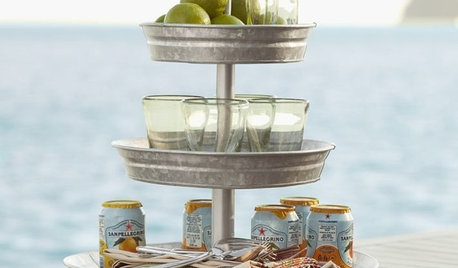
PRODUCT PICKSGuest Picks: Set Up an Outdoor Living Room
With an outdoor movie screen, a patio heater or fan, and scads of entertaining essentials, you may never want to go back inside
Full Story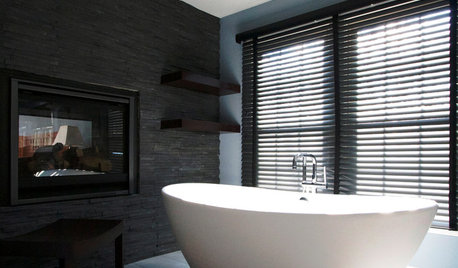
BATHROOM DESIGNDreaming of a Spa Tub at Home? Read This Pro Advice First
Before you float away on visions of jets and bubbles and the steamiest water around, consider these very real spa tub issues
Full Story
LIFEHow to Prepare for and Live With a Power Outage
When electricity loss puts food, water and heat in jeopardy, don't be in the dark about how to stay as safe and comfortable as possible
Full Story





formula1
lazypup
Related Professionals
Worcester Plumbers · Fairfax Handyman · Boca Raton Kitchen & Bathroom Remodelers · Champlin Kitchen & Bathroom Remodelers · Creve Coeur Kitchen & Bathroom Remodelers · Eureka Kitchen & Bathroom Remodelers · Gilbert Kitchen & Bathroom Remodelers · Newberg Kitchen & Bathroom Remodelers · Rancho Palos Verdes Kitchen & Bathroom Remodelers · Spokane Kitchen & Bathroom Remodelers · Superior Kitchen & Bathroom Remodelers · Turlock Kitchen & Bathroom Remodelers · Weston Kitchen & Bathroom Remodelers · Lawndale Kitchen & Bathroom Remodelers · Westminster Kitchen & Bathroom Remodelersjakethewonderdog
hendricus
joeplumb
heimert